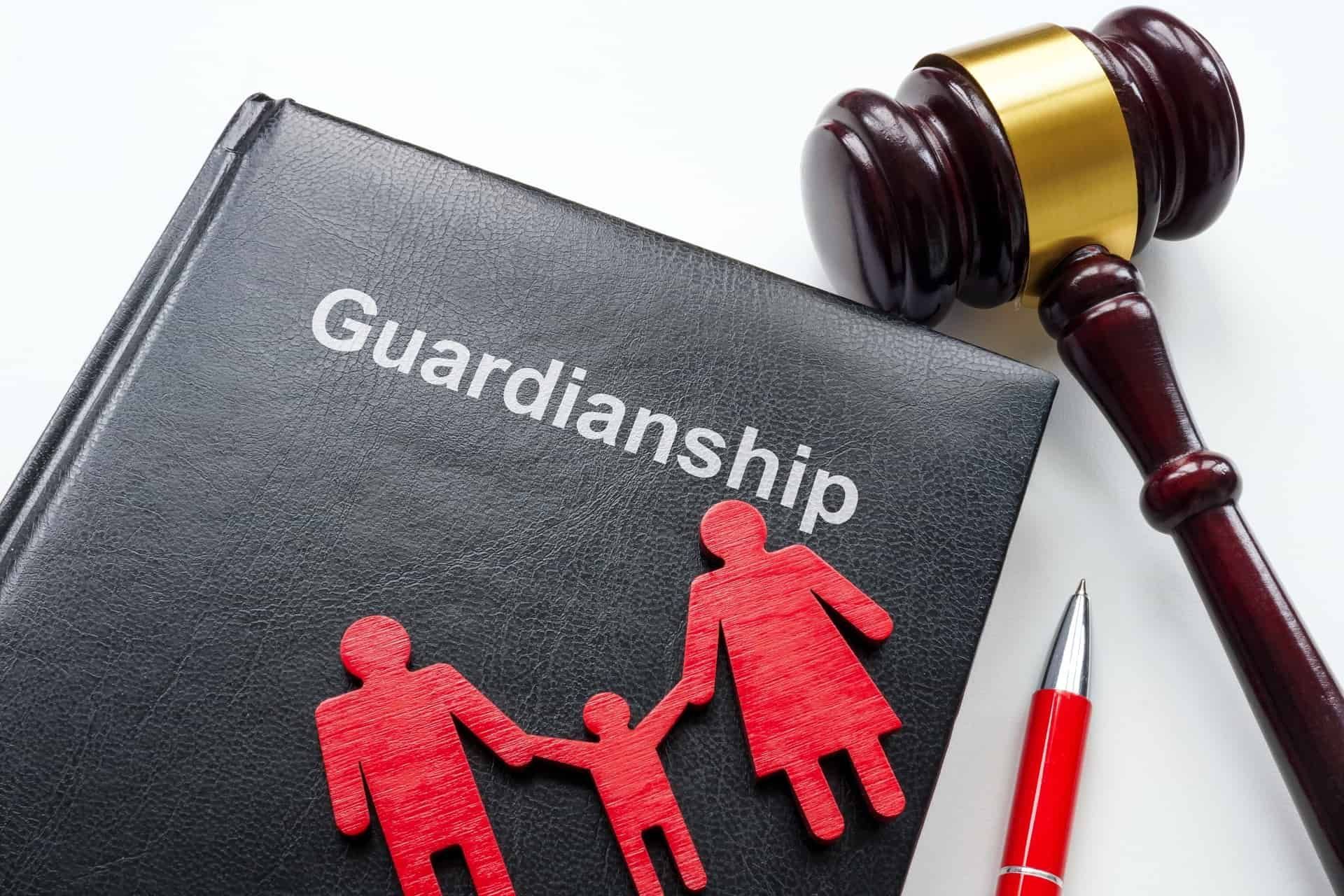What Is A Personal Fiduciary?
If you recently suffered the loss of a close friend or relative, you know how traumatic these experiences can be. Not only do you feel emotional pain, but there’s also the question of who will be responsible for handling the personal and financial affairs of the deceased usually.
Such concerns often bring more questions than answers regarding the responsibilities and duties of those involved. To help you gain a better understanding of these aspects, we’re going to explore some of the basics of estate management.
We will describe the general duties of a fiduciary after death (whether that representative is an administrator, executor, or trustee).
After the death of an individual, several things happen, including:
1. Assets are dispersed as per the decedent’s wishes
2. Any current
tax returns are filed
3. Business affairs are settled
4. Assets are collected
5. Debts are paid
These activities are usually carried out by a person acting as a fiduciary on behalf of the decedent. The fiduciary can be either:
1. An executor (called a personal representative in some states)
2. An administrator (if death occurs without a will)
3. A trustee (depending on how the decedent held their property)
In most cases, when a person dies while in possession of property exceeding the minimum value, someone needs to be appointed to manage the estate.
The person who acted for or represented the decedent is often referred to as a personal representative. This can be more than one person, a bank or trust, or even both. If the decedent passes away with a will, the executor becomes the new personal representative.
But if the decedent died without a will, an administrator instead becomes the new personal representative. Although the responsibilities and duties of personal representatives can vary according to state laws and the circumstances involved, the needs for such a person (or people) are common to all.
In addition to issues concerning financial considerations, personal representatives may have other issues to deal with. For example, the deceased may have a child in their previous marriage, and they are paying support for them. There may be a pending agreement under which the decedent and their spouse will buy real estate with a settlement or a closing date following the death of the decedent.
A personal representative may be required to distribute the deceased’s assets to his spouse and children, even if all affairs appear to be balanced and no debt is determined. In fact, there are very few cases where the deceased’s property can be transferred after death without a personal representative being appointed.
Fiduciary Responsibilities
When someone passes away, a personal representative must collect their property. After paying expenses, debts, and taxes, any remaining assets will be distributed to the beneficiaries of the deceased. Distribution depends on the person’s will or the intestate laws of the state where the deceased died (if you die without a valid will, the laws govern the distribution of your estate).
The executor or administrator is responsible for collecting and distributing assets and paying any death taxes and expenses of the deceased. Although many administrators and executors perform these designated tasks in a quick and prudent manner, this is not always the case.
In addition, state law generally requires that personal representatives meet the criteria of a “reasonable and prudent individual” in all circumstances. However, the reasonable and prudent practices of personal representatives in performing their tasks are not always the case for the beneficiaries, especially in retrospect.
Various decisions made by individual representatives often lead to complaints from beneficiaries. Sometimes, the complaint escalates to a lawsuit against a personal representative. This is when you need to secure the services of an estate planning attorney. Your attorney will assist you in all legal matters associated with estate planning, as qualified lawyers are well-versed in the intricacies and legalities of such.
If necessary, your estate planning attorney will take your matter to court. If the court finds that the personal representative did not act reasonably and did not consider the best interests of the estate and the beneficiary, it can charge the personal representative a surcharge, which means that the personal representative is responsible for the improper mistakes in the management of the deceased’s estate.
If you believe a fiduciary acted irresponsibly in the management of a loved one’s estate, you should contact Doane & Doane right away.
Contact Doane & Doane Today for Assistance
Doane & Doane was founded in 2003 remains one of the most trusted and respected
estate planning firms in Southeast Florida . If you need assistance establishing an estate plan, appointing a successor trustee, or any other related issues, we encourage you to contact us at
561-656-0200 . Alternatively, please feel free to fill out our online
contact form
, and we will promptly respond to your inquiry.
The information in this blog post is provided for informational purposes only and is not intended to be legal advice. You should not make a decision whether or not to contact an attorney based upon the information in this blog post. No attorney-client relationship is formed nor should any such relationship be implied. If you require legal advice, please consult with an attorney licensed to practice in your jurisdiction.
Disclaimer: The information on this website and blog is for general informational purposes only and is not professional advice. We make no guarantees of accuracy or completeness. We disclaim all liability for errors, omissions, or reliance on this content. Always consult a qualified professional for specific guidance.
RECENT POSTS






